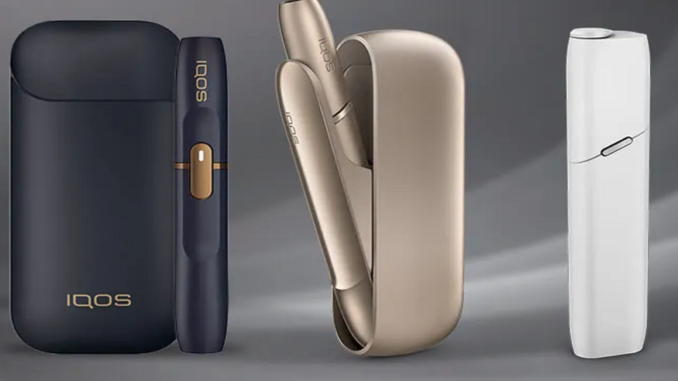
In recent years, the tobacco industry has seen a significant shift towards new smoking alternatives, including heat-not-burn devices like IQOS Iluma. These devices offer a potentially less harmful alternative to traditional cigarettes and have become increasingly popular around the world.
While there are many unanswered questions about the long-term effects of heat-not-burn devices, there are several potential benefits that have been associated with IQOS Iluma and other similar products. In this article, we will explore few of the advantages of IQOS Iluma and what they mean for smokers and public health.
Reduced Exposure To Harmful Chemicals
One of the most significant benefits of IQOS Iluma is the potential reduction in exposure to harmful chemicals. Traditional cigarettes contain a range of toxic chemicals, including tar, carbon monoxide, and thousands of other harmful substances.
Heat-not-burn devices like IQOS Iluma heat tobacco instead of burning it, producing fewer harmful chemicals. Studies have found that the levels of toxic chemicals in the aerosol produced by IQOS Iluma are significantly lower than those found in cigarette smoke.
This reduction in harmful chemicals could have significant benefits for public health. Smoking is leading cause of preventable death and disease around the world, and anything that reduces exposure to harmful chemicals could help to improve health outcomes.
Improved Taste And Aroma
One of the advantages of heat-not-burn technology is the potential for improved taste and aroma. Because the tobacco is heated instead of burned, the resulting aerosol has a different taste and aroma profile than traditional cigarette smoke.
Many smokers who have tried IQOS Iluma have reported enjoying the taste and aroma more than traditional cigarettes. This could potentially make it easier for smokers to transition to heat-not-burn devices and reduce their overall tobacco consumption.
Less Secondhand Smoke
Another advantage of IQOS Iluma is the potential reduction in secondhand smoke. Secondhand smoke is a significant health risk, and exposure to it has been linked to a range of health problems, including lung cancer and heart disease.
Because heat-not-burn devices produce less smoke than traditional cigarettes, they could reduce the risk of secondhand smoke for those around the smoker. While more research is needed to fully understand the effects of secondhand exposure to heat-not-burn aerosols, the potential for reduced harm is promising.
Greater Social Acceptability
As smoking rates continue to decline around the world, smokers are often subject to social stigma and discrimination. Heat-not-burn devices like IQOS Iluma offer a potentially more socially acceptable alternative to traditional cigarettes.
Because they produce less smoke and odor, heat-not-burn devices are less likely to offend those around the smoker. This could make it easier for smokers to use these devices in public spaces and reduce the social stigma associated with smoking.
Less Harmful To The Environment
Another advantage of IQOS Iluma is the potential reduction in environmental harm. Traditional cigarettes produce a significant amount of waste, including cigarette butts and packaging.
Heat-not-burn devices like IQOS Iluma produce less waste, as they use fewer materials and are designed to be reused. This could potentially reduce the environmental impact of smoking and improve sustainability outcomes.
Conclusion
Heat-not-burn devices like IQOS Iluma offer a range of potential benefits for smokers and public health. From reduced exposure to harmful chemicals to improved taste and aroma, these devices represent a promising alternative to traditional cigarettes.
While there are still many unanswered questions about the long-term effects of heat-not-burn technology, the potential benefits are significant. As the tobacco industry continues to evolve, we will likely see more innovations in this area and further improvements in public health outcomes.

Leave a Reply
You must be logged in to post a comment.